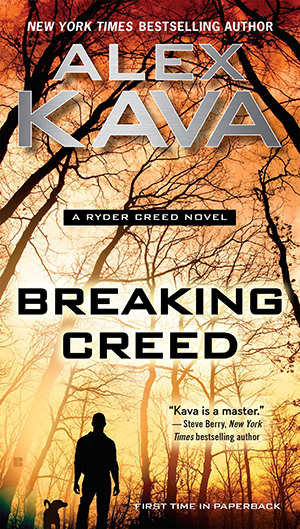An effervescent, whip-smart historical mystery, The Right Sort of Man begins as World War II ends and the British people are ready to get back to normal. Author Allison Montclair shares why postwar London was the perfect setting for her new series.
I have embarked upon what, with luck, will be a long and entertaining journey. I have launched a new historical mystery series into existence, starting with The Right Sort of Man, following the adventures of Iris Sparks and Gwendolyn Bainbridge, two determined young women who have started a marriage bureau in the turmoil of post-WWII London.
To be a historical fiction writer is to live in terror. People are fiercely possessive of their history. There are tiny little fiefdoms over which obscure academic wars are forever being waged. Pick the smallest plot of dirt you can find on the globe and the smallest sliver of time it passes through, and you will find that you have stumbled into several competing dissertations, and all of these people know far more about the subject than you do, unless you happen to be one of these current or future Ph.D.s who dabbles in fiction-writing on the side.
I am not an academic, thank goodness. I once attended a history conference that had the very democratic thought of including both academic and popular topics. Imagine middle-aged scholars of the Middle Ages milling about with fans of Middle Earth, and you’ll have the general idea. I had to present a paper on a topic related to a novel I was working on, and I was quite nervous, figuring that I was going to be surrounded by people who spoke Old English and ecclesiastical Latin at the table. I was sitting in the communal lunchroom opposite an intense young woman, bemoaning my trepidation over trying to sound knowledgeable in front of people who actually were, and she glared at me and snapped, “Well, at least your career doesn’t depend on it.”
Well, yes and no. I may not be an academic, but I feel I have an obligation as a creator of worlds to Get Things Right. And that’s what I enjoy about writing historical fiction. I have, as Douglas Adams once wrote, “endless fun doing all the little fiddly bits around the fjords.” I come across countless obscure nuggets of information or long–discarded bits of slang that have triggered plot points, dialogue or random thoughts for the characters.
The Right Sort of Man began as a suggestion from Keith Kahla, my editor at Minotaur. He had come across a book about an actual London marriage bureau that was started by two women in 1939 and thought it might be a fun milieu for me to play with. Iris and Gwen sprang into my mind fully formed on the ride home from that meeting and immediately began talking to each other (Iris more rapidly), always a hopeful sign for a new project, but the real work lay ahead of me.
I moved the setting to the postwar period for various reasons. The principal one was that I did not want to write a wartime novel, and postwar London was a fascinating place. The city was recovering from the Blitz; a Labour government was in place; rationing was still in effect; a young princess was being courted by the man she would eventually marry; and the Cold War, the Nuclear Age and television were all set to change the world as we know it.
And it was a fascinating time to be a woman. Women had been given opportunities in wartime that they would not have had otherwise. The postwar demobilization drove many of them back to a prewar existence—but not all of them, and many seeds were planted that would change their roles in British society.
Fortunately, there is ample documentation of these changes available to the modern researcher. I am of the generation that used microfilm readers, and this dormant skill was revived as I spooled through The Times, scanning the daily events for each month I was re–creating. (It’s a speedier process than you would expect, as newsprint rationing restricted the daily papers to eight to 10 pages.) Both stories and adverts were mined. Newsreel footage from the period is accessible on the internet, and of course, there are books. Of particular use were the oral histories of life in the Blitz compiled by the Mass Observation Project, as well as books by Anne de Courcy, whose interviews of women in The Last Season and Debs at War were a gold mine of information.
The second book is written, I’m glad to report, and I am once again off to the libraries, my happy places, to dive into research for the third. I will resurface, gasping, new facts still wriggling in my teeth, and will see what they jog loose in my brain. I am as interested to see what it will be as you are.
Allison Montclair is the pseudonym for a lifelong lover of whodunits and thrillers. She delights in taking real details from the past and weaving them into her novels, just as she does in The Right Sort of Man, her debut historical mystery.
ALSO IN BOOKPAGE: Read our review of The Right Sort of Man.





















 Never before has it been so important to listen to women, to hear our stories, to put our perspectives first. Never before has it been so important to understand the amount of disregard that has been dumped upon us, to consider how often we are written off as victims, sluts, hysterics, embittered and emotional wrecks. Never before has it been so important to see a crime from the female perspective and for once to put the criminal where he belongs: in the background.
Never before has it been so important to listen to women, to hear our stories, to put our perspectives first. Never before has it been so important to understand the amount of disregard that has been dumped upon us, to consider how often we are written off as victims, sluts, hysterics, embittered and emotional wrecks. Never before has it been so important to see a crime from the female perspective and for once to put the criminal where he belongs: in the background.





















